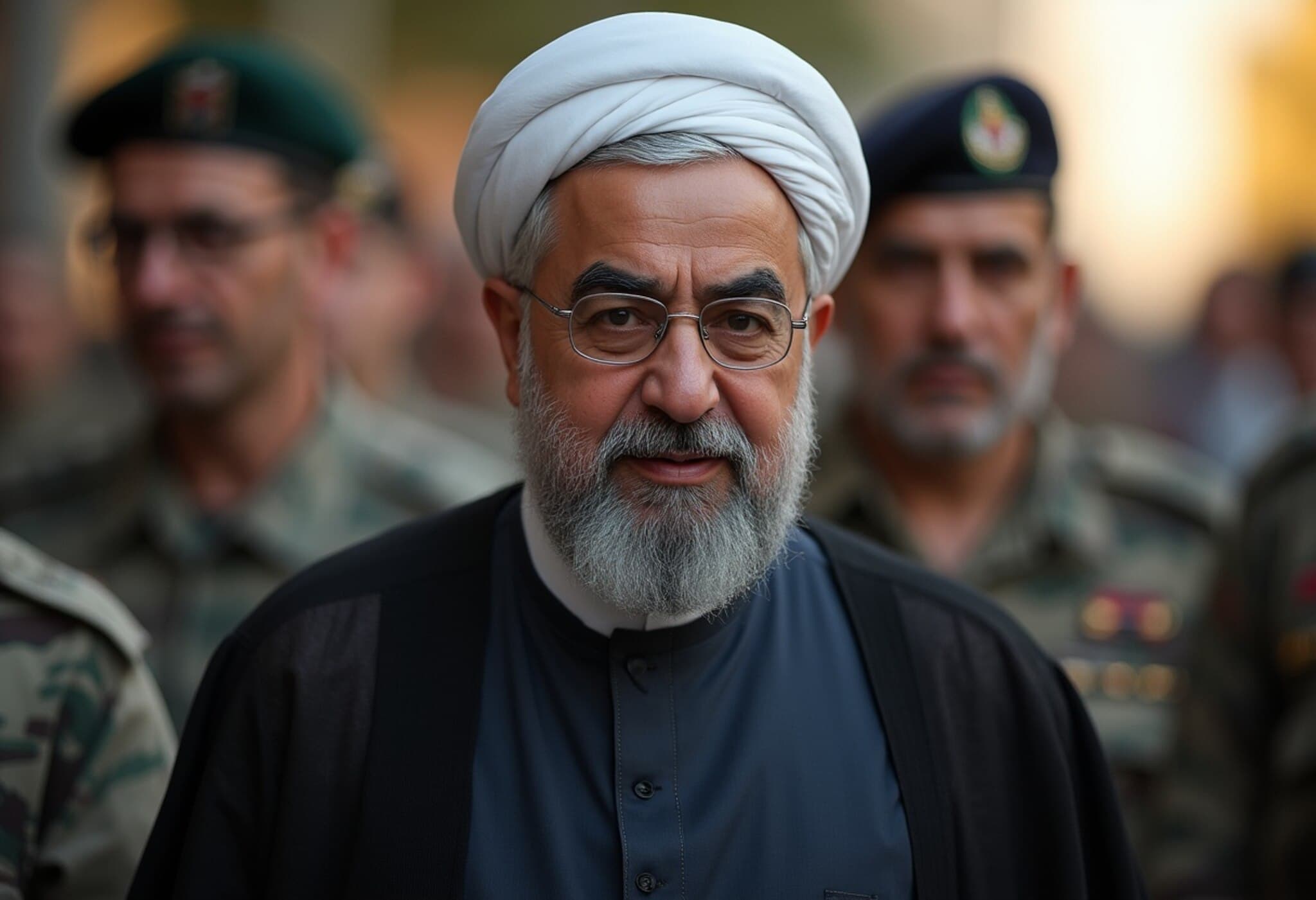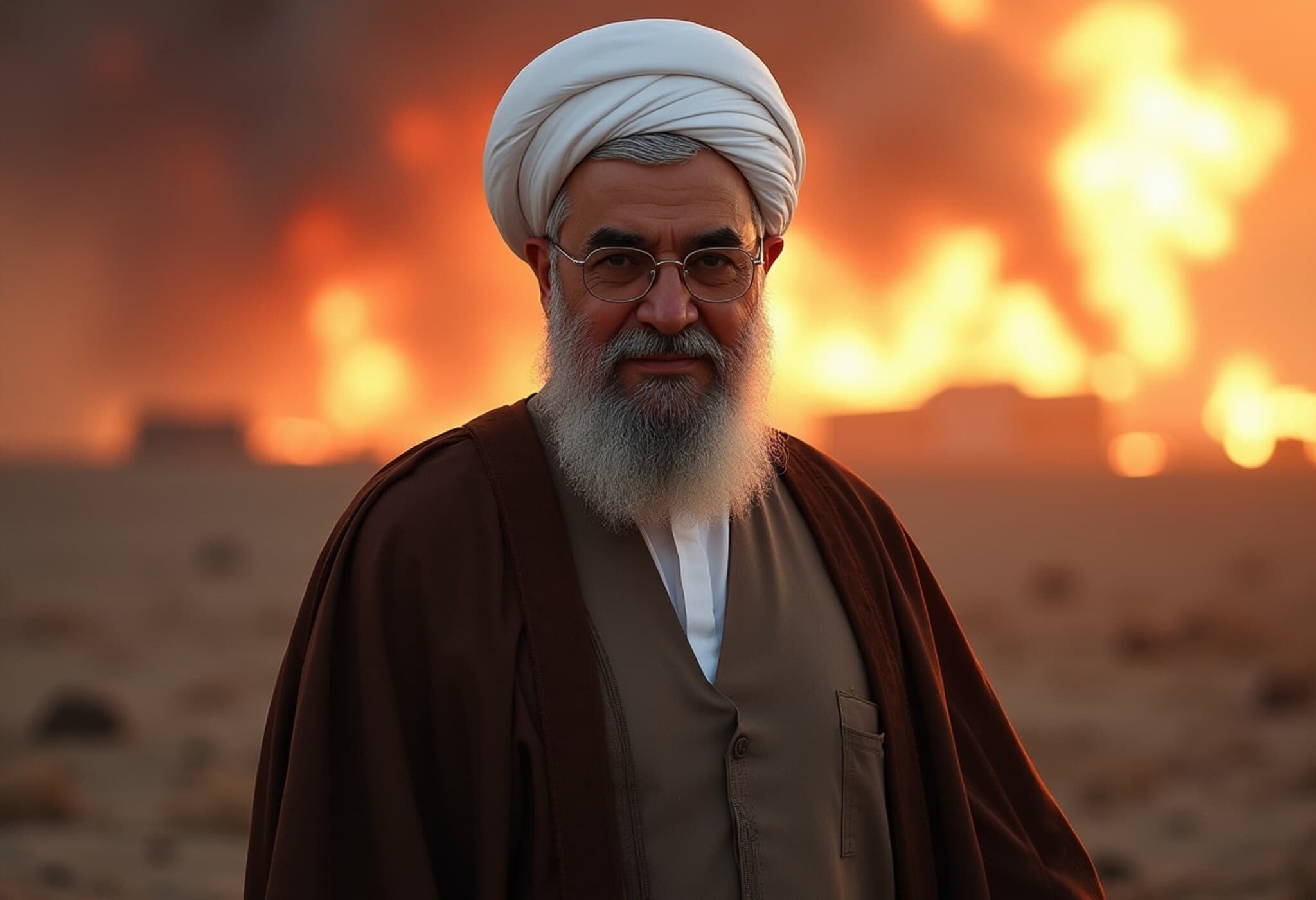Iran Bans Network-Connected Devices for Officials Amid Cybersecurity Fears
Amid mounting concerns over sophisticated cyber and electronic warfare tactics, Iran has imposed a sweeping ban on the use of all network-connected communication devices among government officials and their security personnel. This unprecedented restriction comes amid fears that Israel might be harnessing digital signatures from electronics to orchestrate recent, high-profile strikes inside Iran.
Details of the Ban and Its Implications
The directive, widely reported by media affiliated with Iran's Revolutionary Guard Corps (IRGC), specifically prohibits smartphones, laptops, smartwatches, and any other devices connected to the internet. Iranian authorities have warned that merely switching off these devices is insufficient to prevent location tracking. They have urged the use of advanced, anti-tracking technologies as a safeguard against surveillance.
Iranian MP Hamid Rasaei amplified the urgency by calling on all officials and their aides to surrender their phones to mitigate security risks, emphasizing the gravity of the threat.
Escalating Cyber Threats Targeting Iranian Infrastructure
The ban is the latest fallout from a surge in cyberattacks against Iranian state entities. A recent attack on Sepah Bank, an IRGC-linked financial institution, sparked widespread ATM outages nationwide. Tehran suspects Israeli operatives masterminded the assault, which has only intensified concerns about Iran’s vulnerabilities in the digital realm.
The Larger Context: A Technology-Driven Shadow War
This move reflects a growing, technology-driven conflict simmering between Iran and Israel. Just last year, Israel allegedly employed explosive-laden pagers to eliminate senior figures within Hezbollah, underscoring the increasing sophistication of covert digital and electronic tactics.
Further Measures Against Popular Messaging Apps
Tensions escalated when Iranian state media urged citizens to delete WhatsApp, alleging—without presenting proof—that Israeli intelligence used the messaging platform to collect user data. WhatsApp quickly rebutted these claims, reiterating its commitment to end-to-end encryption and privacy:
- It does not track precise user locations.
- It maintains no logs of user communications.
- It protects personal messages from external access.
WhatsApp labeled the allegations as a possible pretext for the Iranian government to block the service entirely.
Uncertainty Over Duration and Scope of Restrictions
Authorities have yet to specify how long these device restrictions will remain in place or whether similar rules will extend beyond government circles to the broader Iranian population.
The nation's Cyber Security Command announced multiple measures to bolster defenses against foreign penetration, emphasizing the need for public patience and cooperation:
“We are implementing numerous measures to thwart cyber and military operations aimed at exploiting our infrastructure. We ask the dear people of our country to support us during this process.”
Impact on Connectivity and Daily Life
Reports indicate international landline calls are severely restricted, while access appears limited mostly to domestic websites. These connectivity constraints highlight the broader scale of Iran’s cybersecurity posture amidst escalating conflict.
Looking Ahead
As Iran tightens control over digital communication for its officials, the technological battleground between Tehran and Tel Aviv is clearly intensifying. This evolving cyberwar underscores how modern conflicts increasingly intertwine physical and virtual operations, reshaping strategies and daily realities across borders.



















